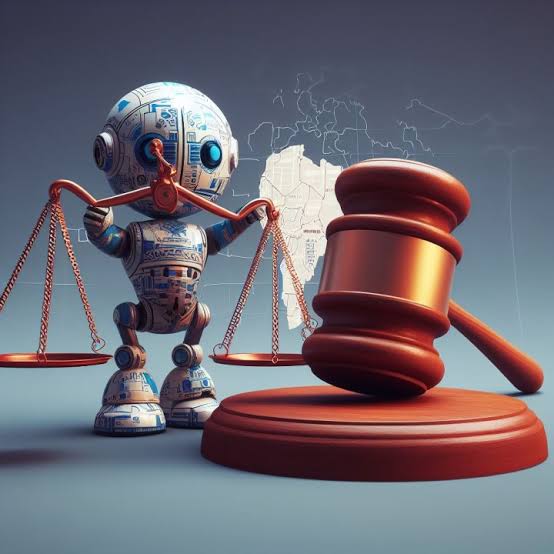Kenyan IT experts have pointed out a number of issues with the 2023 Robotics and Artificial Intelligence Society Bill and have encouraged the country’s government to reject it.Local media reported that the National Assembly’s Communication, Information, and Innovation Committee was informed by robotics and artificial intelligence (AI) stakeholders that they were not involved in any stage of the bill drafting process during a session held to commemorate International Safer Internet Day in 2024.If an entity has not registered their robotics and AI endeavors with the Robotics Society of Kenya (RSK), the bill defines them as unlicensed.
If unlicensed firms operating robotic and AI businesses fail to register with the RSK, they may face penalties from the proposed legislation, which may include fines of up to one million Kenyan shillings ($6,269), a potential two-year prison sentence, or both.
The RSK is intended to be a regulatory organization whose job it is to monitor and support the growth of the robotics and artificial intelligence industries.It seeks to work with other authorities to set policies and procedures that will guarantee corporate compliance.The RSK will also counsel the government on new developments in robotics and artificial intelligence.During the meeting, Alex Gakuru, the director of the Center for Law in Information Technology and the leader of the American Chamber of Commerce in Kenya, reportedly said that the bill should be withdrawn for further stakeholder consultation. He emphasized that if the bill is enacted in its current form, it will cause a national disaster.
Gakuru claims that the law mainly focuses on regulating the robotics industry rather than sufficiently addressing AI-related issues.He warned that if the badly written bill wasn’t changed, it might be challenged in court.Kenya is the fifth-most prepared country in Africa to use AI to provide services to the general people.Kenya’s total score of 40.36% in the 2022 edition of Oxford Insights’ annual Government AI Readiness Index puts it below Egypt, South Africa, Tunisia, and Morocco.Kenya has invested an estimated 13 billion shillings ($81.5 million) in artificial intelligence over the past ten years, significantly less than South Africa’s $1 billion and Nigeria’s $378 million, according to Microsoft’s “Artificial Intelligence in the Middle East and Africa Outlook Report.”

